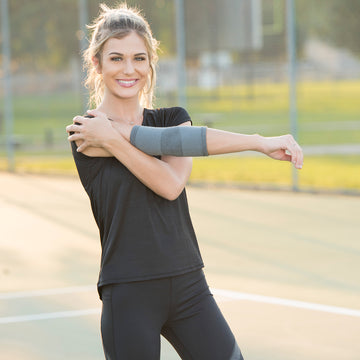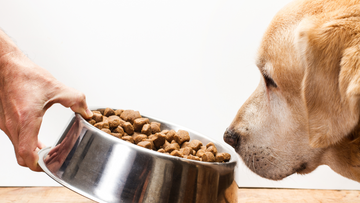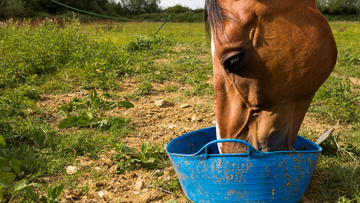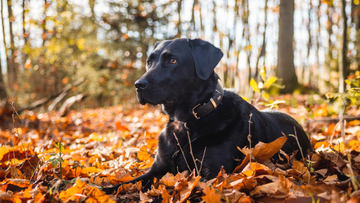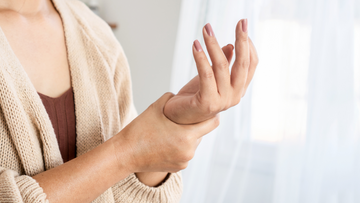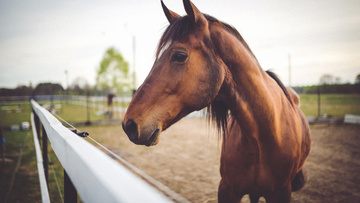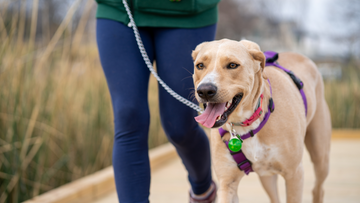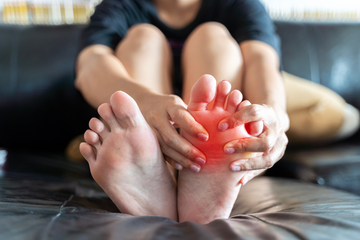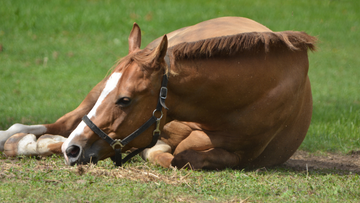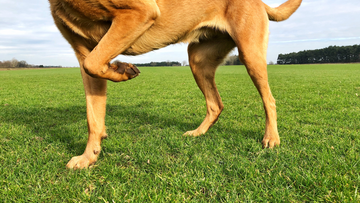Patience and preparation can make every travel experience a safe, trouble-free one for your horse. Ideally, if you get a horse at a young age you can introduce them to the trailer early as a part of learning ground manners and desensitizing them. If you buy a horse at an older age that was not properly trained as a weanling or yearling, they may have a fear of the trailer. As horse owners, we always want our horses to be comfortable in the trailer. Horses are generally under high stress when they are being hauled so the best thing, we can do for them is make them comfortable!
*
Very importantly regular maintenance checks should be performed on a horse trailer every time it is used.
Preparing the horse: 
- Practice loading and unloading the horse in the trailer well in advance of any scheduled events, especially if the horse is unfamiliar with trailering. A battle getting into the trailer is an unpleasant way to start a journey.
- Horses should be trailered in a leather halter, or nylon halter with a breakaway piece. In an emergency (such as the halter becoming snagged) a leather halter will break more easily and is less likely to injure or burn the horse’s head.
- Tie halter semi loose to keep his head from looking backwards
- There are many options for protecting the horse’s legs during travel. If leg wraps are worn, it is important that the wraps are applied properly for the style and type of wrap.
- Always remove all tack (saddle, bridle, harness) from the horse when trailering.
- If the trailer is a stock trailer or has open vents, wet or clipped horses should be blanketed if the weather is chilly.
Loading the Horse:
- Make sure the trailer is secured and properly hitched to the towing vehicle before loading a horse.
- Approach the trailer from a distance, so that the horse has momentum when it steps up on the ramp. Walk in a straight line up the center of the ramp.
- Before you load the horse make sure you have a clear escape route if needed.
- If a single horse is to travel in a dual-horse trailer, put it on the side closest to the middle of the road, for a smoother ride.
- Ask a helper to fasten the bar or chain behind the horse and close the ramp once you are inside the trailer.
- You can provide the horse with a small hay net to prevent the horse from becoming bored during the journey.
- Check that your trailer is not too hot, and your horse is well hydrated.
- During long hauls, stop every 3-4 hours to offer your horse water.
Acclimating your horse to the trailer with loading and unloading and taking mini trips is one of the best things you can do to travel safely. Consider some of these horse trailering tips the next time you prepare for a haul and safe travels!
For added comfort and protection for your horse with trailering Benefab has just the thing!
The Antimicrobial Therapeutic VersiWraps fabric is made up of ceramic Nano-particles which emits far-infrared rays keeping muscles, joints, tendons, and ligament supple and relaxed. These wraps are
flexible enough to be worn in light exercise or to be used as a standing bandage in the stable, or for trailering. If you aren’t into wrapping, we also have the
Therapeutic Smart QuickWraps, these wraps can be worn for up to 12 hours and are contoured for comfort with strong securing straps and perforated foam in the core. They will not shift, slide down, or rotate.


